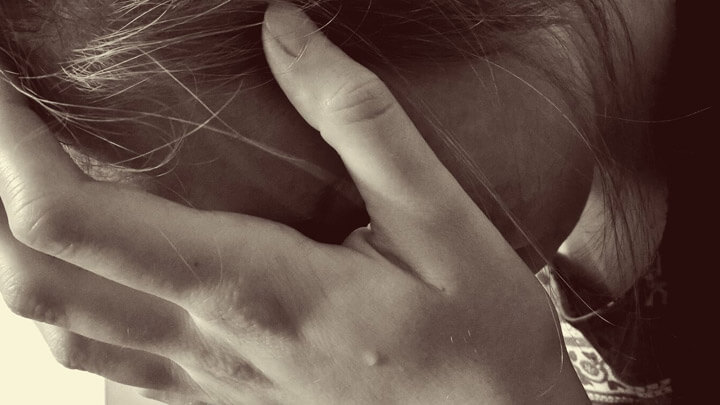
Dr. Nihar Mehta
Stress: The Devil Inside - 8th April 2017
How many of us have experienced ‘pounding of the chest’ in the face of an argument or before a presentation or when the stock market crashes? Some loosely used terms like ‘Don’t get stressed’ or ‘Don’t get Tensed, my friend (Tension mat le, yaar)’ or the ever-so-famous ‘All izz well’ hit the nail on the head. We need to understand that the dangers of this entity, which possesses us all and which we are all in denial of.
Stress!
Stress has a profound impact on our physiology, producing a tangible change in our body. The ‘flight or fight’ system (the sympathetic nervous system) gets charged up with stress. This leads to a cascade of untoward changes in our heart rate (ergo the pounding in the chest), increase in the blood pressure, reeking havoc in our hormones, changes in the blood vessels making them tighten up (vaso-constriction) and further causing the blood to become thicker and clot easily (platelet aggregation). This can make our blood vessels vulnerable to abrupt reduction in blood flow (plaque disruption). When this happens in the heart vessels, it can lead to a massive heart attack or even sudden death!
How does stress manifest? How does is creep into our lives and consume our well-being? The answer is two fold. Firstly stress stems from life events, disasters or crises. It can have the face of a malicious boss or come in the form of losing of a job, bankruptcy, retirement, demonetisation, divorce, personal illness or injury, death of a family member or spouse…. the list goes on and on. Natural disasters like earthquakes, tsunamis or tornadoes also result in an increase in cardiac events. Immediately after the Northridge earthquake in Los Angeles in 1994, there was more than a two-fold increase in sudden cardiac deaths. The attack on the World trade centre in New York on September 11th 2001 was followed by a 49% increase in heart attacks within 60 days.
Secondly, several factors contribute to chronic or long-term stress. Stress can be related to work, home or finances. People with anxiety or with outbursts of anger are at a three to five times higher risk of developing a cardiac event. Certain personality traits - hostility, cynicism and aggression do enhance the cardiovascular risk of an individual.
Depression has been labelled as an independent risk factor for coronary artery disease. Not only does depression lead to physiological changes in heart beats, blood pressure and blood clotting, but it also produces behavioural changes such as physical inactivity, overeating, smoking or taking medications irregularly, all of which contribute to cardiac disease. A trial spanning 52 countries and nearly 25,000 patients – the INTERHEART study established beyond doubt the association of psychosocial stressors with acute myocardial infarctions or heart attacks. Conversely, one third of patients who have had a heart attack develop symptoms of depression and the vicious circle is perpetuated.
The image of a young man in a Bollywood film when confronted with a financial crisis, clutching his chest, with a major heart attack, is in fact a reality; it can and does happen! Stress can also be enigmatic and show itself in the 42-year-old work-a-holic banker with no history of blood pressure or diabetes, who drops dead while at work! It saddens me to say that a massive heart attack in a young man in his thirties is no longer uncommon at Jaslok hospital. In fact, one fourth of the major heart attacks in India occur in men under the age of forty!!
Hypertension or high blood pressure, Diabetes mellitus, Coronary artery disease – angina and major heart attacks, Cerebrovascular disease or strokes are but some of the fruit of the ‘stress’ tree. To nip these in the bud, we have to act; and in order to act, we have to first be aware! There are several methods in our armamentarium to counteract stress, including exercise, diet, counselling, meditation, yoga, relaxation techniques and medications, among others. Awareness and willingness to act against stress is the key!
Stress remains one of the ‘Modifiable’ risk factors for cardiovascular disease… Its time you learn to modify the stress in your life, to learn to cope with it before it sinks its clandestine claws into your health.

